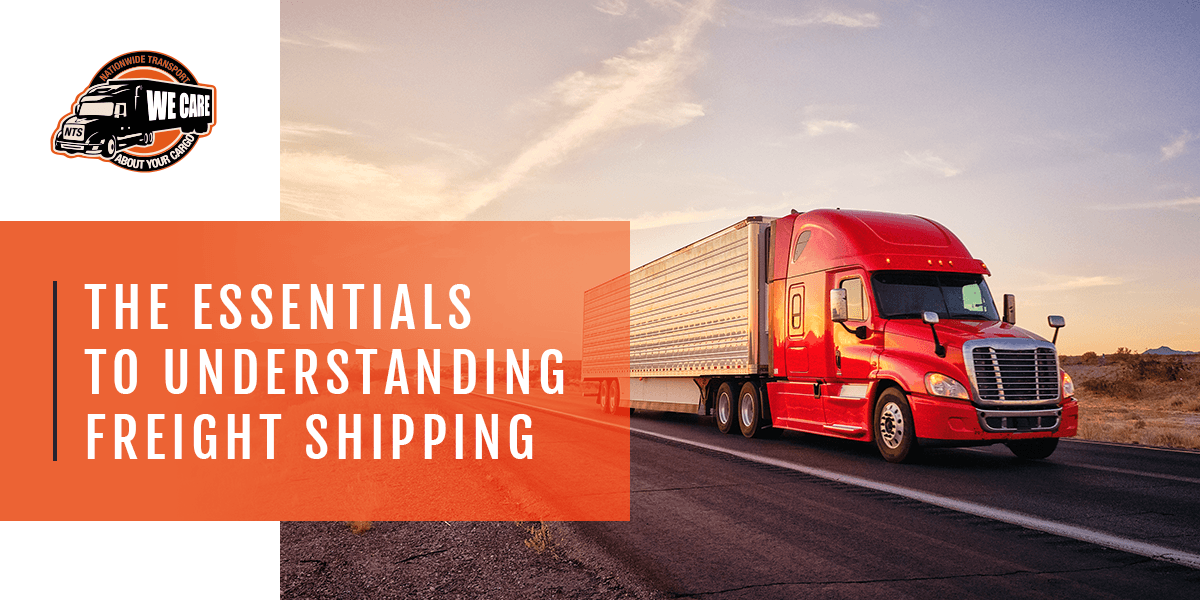Over the Road (OTR)
Logistics Term
What’s Over the Road (OTR) ?
Over-the-road trucking is also referred to as long-haul trucking. This term refers to the mode of transportation that requires drivers to run from one coast to the next over interstate borders. Some over-the-road truckers even cross international borders to pick up and deliver loads. These drivers stay on the roads for weeks and, at times, months, all at a time. OTR trucking means long-distance travel rather than local or regional journeys.
Over-the-road truck drivers typically move fresh vegetables and other cargo from overseas to the interior. They cover an average of 1,200 to 1,400 miles. They are available as single individuals or, at times, work in pairs. When they work in groups of two, it takes them half the time to transport products.
OTR vs. Local vs. Regional
OTR's meaning in trucking differs from the regional and local trucking varieties. For instance, regional and local drivers always operate as solo drivers. These different types of truckers also vary in the structure of their work, time spent at home, schedule consistency and compensation.
Local drivers stay within a single state. Typically, they drive vans or light trucks. Their deliveries primarily include shipments to local commercial stores. Local truck drivers complete their work on weekdays. While they may work long hours each day, they often have weekends free.
Regional drivers operate within a particular region, like the Midwest or Northeast. Their driving range typically stretches about 1,000 miles. They might drive for several days at a time but with frequent time off between their deliveries.
What's the Cost of Over the Road (OTR)?
Companies that provide trucking services spend an average of $2.251 per mile or $90.78 per hour. This cost includes expenses like:
- Fuel expenses
- Truck and trailer lease or purchase payments
- Repairs and maintenance
- Truck insurance premiums
- Permits and licenses
- Tires
- Tolls
Those who provide trucking services also incur costs like driver wages and benefits. One of the most significant contributors to over-the-road trucking costs is fuel expenses, which have risen steadily over the years.
These expenses represent the costs for companies providing trucking services. For those looking to use trucking services, the price may vary based on the weight and size of the shipment, distance traveled, origin, destination and accessory fees. Those seeking over-the-road trucking services can determine costs with a shipping quote.
How Much Do Over-the-Road Drivers Make?
The wage description for an OTR driver depends on several factors. For instance, the longer distances and more hours spent on the road earn them higher pay than their local and regional trucking counterparts. Within the same profession, drivers shipping materials such as hazardous goods are more likely to earn higher pay than ordinary OTR drivers. Other factors like experience level, location and employer may also influence salary.
Beyond the pay advantages that come with OTR trucking, another advantage that accompanies being an OTR driver is the increased job opportunities and security. Additionally, after two and a half years of clean CDL experience, you can work as a certified truck driver in the most prominent companies.
What Are the Requirements for Over-the-Road Trucking?
The Federal Motor Carrier Safety Administration (FMCSA) requires over-the-road truckers to have a commercial driver's license (CDL). Truckers need a Commercial Learner's Permit (CLP) to practice driving on the roads. They must also complete entry-level driver training. Then, they must take a three-part skills test. The test includes vehicle inspection, basic controls and a road test.
Over-the-road and regional truckers must be at least 21 years old to drive over state lines. Drivers transporting hazardous materials need an additional CDL HAZMAT endorsement for increased road safety.

or